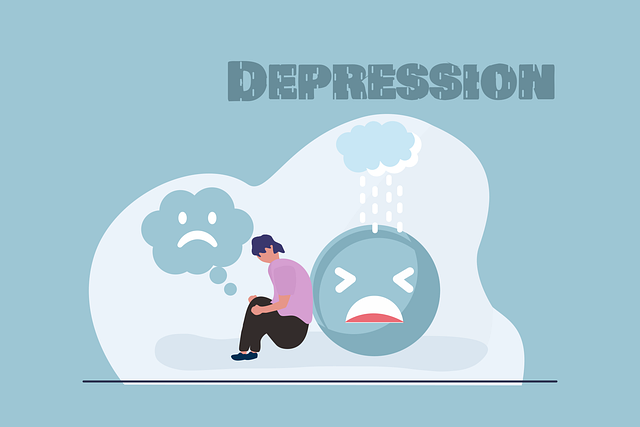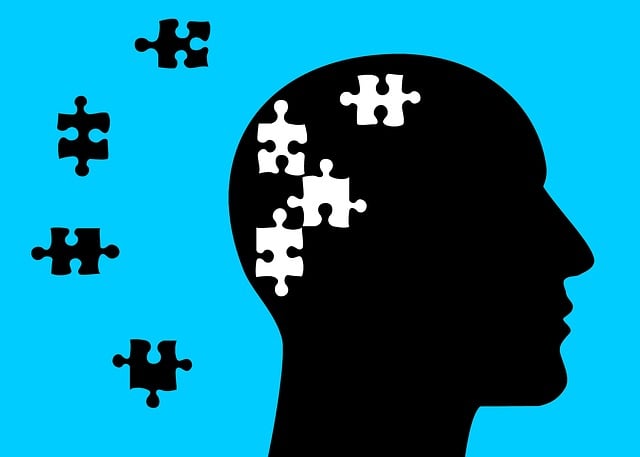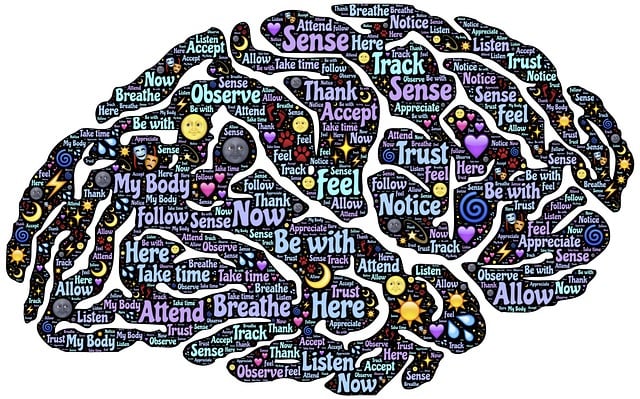Lakewood Psychosis Therapy promotes self-care as a vital practice for mental well-being in a stressful world. It involves emotional regulation, compassion cultivation, and burnout prevention strategies. Uncovering personal needs, stress management techniques (like mindfulness), prioritizing sleep and nutrition, and nurturing healthy relationships are key components. These practices empower individuals to take charge of their mental health, fostering resilience and enhancing quality of life, as emphasized by Lakewood Psychosis Therapy.
In today’s fast-paced world, self-care isn’t a luxury—it’s a necessity. At Lakewood Psychology Therapy, we believe understanding and prioritizing self-care is the cornerstone of mental wellbeing. This comprehensive guide explores essential practices to enhance your self-care routine, from uncovering personal needs to integrating mindfulness, prioritizing sleep and nutrition, and fostering healthy relationships through social connections and boundaries.
- Understanding Self-Care: The Cornerstone of Mental Wellbeing
- Uncovering Personal Needs: A Journey to Self-Discovery
- Integrating Mindfulness and Stress Reduction Techniques
- Prioritizing Sleep and Nutrition for Optimal Energy
- Social Connections and Setting Boundaries: Nurturing Healthy Relationships
Understanding Self-Care: The Cornerstone of Mental Wellbeing

Self-care is an essential practice that forms the cornerstone of mental wellbeing. It involves intentional activities aimed at nurturing one’s physical, emotional, and psychological health. In today’s fast-paced world, where stress and pressure are prevalent, prioritizing self-care is more crucial than ever. At Lakewood Psychosis Therapy, we emphasize the importance of understanding self-care not just as a luxury but as a necessity for maintaining mental balance.
Emotional regulation, compassion cultivation practices, and burnout prevention strategies for healthcare providers are all integral parts of this process. By incorporating these into daily routines, individuals can enhance their ability to manage stress, foster positive relationships, and maintain overall mental resilience. Effective self-care is not just about taking breaks but also about cultivating a mindset that values and prioritizes one’s own needs, ensuring long-term mental health and wellbeing.
Uncovering Personal Needs: A Journey to Self-Discovery

Uncovering Personal needs is a transformative journey that forms the bedrock of self-care practices improvement. Many individuals often overlook their emotional and psychological requirements, leading to burnout, stress, or even more severe conditions like Lakewood Psychosis Therapy. This is where professional guidance becomes invaluable. Therapists equipped with effective communication strategies can help clients identify triggers, understand their unique needs, and develop healthy coping mechanisms. By fostering open dialogue, these professionals enable individuals to recognize patterns that may contribute to anxiety or other mental health challenges, ultimately facilitating Anxiety Relief.
Through the exploration of personal preferences, hobbies, rest and relaxation practices, and emotional support systems, individuals can proactively prevent Burnout Prevention Strategies for Healthcare Providers. This self-discovery process equips them with tools to set boundaries, prioritize their well-being, and make informed decisions that enhance overall quality of life.
Integrating Mindfulness and Stress Reduction Techniques

In today’s fast-paced world, integrating mindfulness and stress reduction techniques is a powerful tool for self-care. Lakewood Psychology Therapy recognizes the profound impact of chronic stress on mental health, leading to conditions like depression. By incorporating practices such as meditation, deep breathing exercises, and yoga, individuals can navigate life’s challenges with greater resilience. These methods not only help in immediate stress relief but also foster long-term well-being, making them essential components of self-care routines.
Public awareness campaigns development around these stress reduction methods is crucial to promoting mental health literacy. Educating the community about the benefits of mindfulness can encourage individuals to adopt healthy coping strategies and prevent depression. Through increased public awareness, more people will be empowered to take charge of their mental health, creating a supportive environment where everyone can thrive.
Prioritizing Sleep and Nutrition for Optimal Energy

Prioritizing sleep and nutrition is a fundamental aspect of self-care, often overlooked yet crucial for maintaining optimal energy levels. At Lakewood Psychosis Therapy, we understand that a good night’s rest and nutritious diet are essential components of mental well-being. Adequate sleep allows our bodies to restore and rejuvenate, enhancing cognitive function and emotional resilience. Similarly, proper nutrition provides the fuel needed for daily activities and supports overall health, including mental acuity and stress management.
For mental health professionals conducting risk assessments (as part of their practice), prioritizing sleep and nutrition is not just a recommendation but a necessity. It’s an investment in their inner strength development and self-awareness exercises, ensuring they can effectively support their clients while maintaining personal balance. By fostering healthy habits, professionals can mitigate the risks associated with burnout and promote sustainable well-being in both personal and professional spheres.
Social Connections and Setting Boundaries: Nurturing Healthy Relationships

Maintaining healthy relationships is an integral aspect of self-care, often overlooked yet powerful in our overall well-being. At Lakewood Psychology Therapy, we understand that social connections play a pivotal role in managing mood and fostering positive mental health. Nurturing these relationships involves setting clear boundaries to ensure mutual respect and understanding. By doing so, individuals can create safe spaces for themselves and their loved ones, promoting open communication and effective problem-solving strategies.
Effective communication is key to building strong connections. Implementing self-awareness exercises can help individuals express their needs, desires, and limitations more assertively. This practice encourages others to do the same, fostering an environment of honesty and empathy. In turn, improved communication strengthens bonds, leading to better mood management and overall satisfaction in relationships.
Improving self-care practices is a transformative journey that empowers individuals to thrive. By understanding the importance of mental wellbeing, uncovering personal needs, and integrating techniques like mindfulness and stress reduction, one can achieve a profound sense of balance. Prioritizing sleep, nutrition, and fostering healthy relationships through social connections and boundaries further strengthens this process. Lakewood Psychosis Therapy serves as a guiding light, offering strategies to navigate and enhance self-care routines, ultimately leading to improved mental health and overall life satisfaction.














